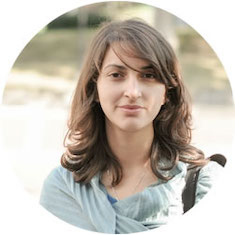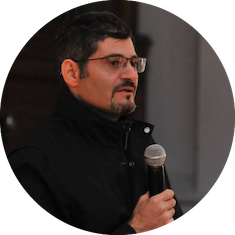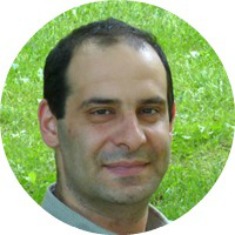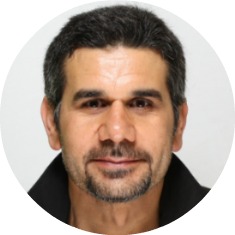THE SHOW MINUS ONE
Hosted by, Bassam Haddad
Dec 08, 2015
Transcript
Noura Erakat (NE):
Welcome to Status Hour. My name is Noura Erakat and I am here now with Naima Grace Shalhoub two days after a very special performance in the San Francisco County Women’s Jail in a Mother’s Day performance. I will let Naima tell us a little bit more about what the performance was and what led up to it.
Naima Shalhoub (NS):
Sure. Thank you Noura. It is so good be here with you and talking with you about this. I am seriously honored that you were there—it meant the world to me. So, basically, around a year and a half ago, I started asking around in my community of folks who had any connections to people inside—either juvenile halls, or jails, or prisons—working with women. I wanted to have the experience of sharing some music with incarcerated women. Coming from my own, just wanting to learn more about the prison industrial complex, what I could do in terms of my small part in playing a role in ending it like so many other artists and educators are doing now. So, I got connected with Angela Wilson at San Francisco County Jail. I pitched to her my idea of facilitating a music session, having themes of freedom and resiliency, and she was excited about it. And before that even started, there was a Mother’s Day event—actually it was a year ago this week, last May—and I was invited to play a couple songs to open up their celebration that they were having for the women. That was my first time meeting the women, and I went in not necessarily having any expectations, and it was just so powerful. I played a Billy Holiday song, I played God Bless the Child, I played Summertime, and then I played Sam Cooke, Change Is Gonna Come. It was so moving and so powerful. And it just kind of kicked off our building relationships together from that point on and then after that I started going every week.
Noura Erakat (NE):
Naya is part of this interviewing process.
Naima Shalhoub (NS):Hi Naya.
Noura Erakat (NE):
What would you do with the women on a weekly basis?
Naima Shalhoub (NS):Hi Naya.
It has been an organic process, figuring out what kind of works in these sessions and what is meaningful for the women and for myself. I started out just by bringing in my own music that I wanted to sing and just to see what resonated with them. And it kind of took shape into conversations about the music, about their lives. And every week it was something different. And I started bringing in songs that they wanted to hear—Lauren Hill, Erykah Badu, even Mary J. Blige in addition to other songs that I would pick. So I would pick a few, they would pick a few, and every week we come together...
Noura Erakat (NE):
Naya is part of this interviewing process.
Naima Shalhoub (NS):Hi Naya.














